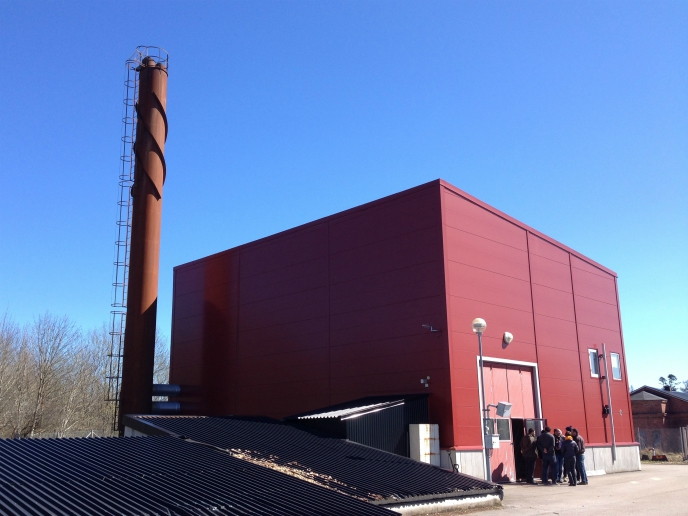Sustainable regional supply chains for bioenergy
Bioenergy currently represents almost 60 % of renewable energy consumption in the EU and 10 % of its total energy mix. Representing 70 % (95.3 ktoe) of the total gross inland consumption of biomass for energy, solid biomass clearly appears as the main source of consumed fuel in the EU. Seeing the wood for the trees Wood use for renewable energy production is both an opportunity and a challenge. The opportunity lies in the economic growth and development of countries, new employment, reduced oil dependency and decreased greenhouse gas emissions. The challenge is that if exploitation of woody biomass does not go hand in hand with sustainable forest management, forests can be damaged and livelihoods endangered. It is therefore important to use wood as efficiently as possible throughout the entire value chain with a double aim in mind: to protect the environment and economic interests. The EU-funded project SECURECHAIN adopted this as its goal. SECURECHAIN was organised around the concept of maximising the amount of renewable energy that can be produced and supplied to the European market by using the same amount of wood. “Our main objective was to promote sustainable supply chain management practices that meet the highest environmental quality and financial standards,” notes Patrick Reumerman, senior consultant of project coordinator BTG Biomass Technology Group BV in the Netherlands. A guide to innovation mentoring for SMEs Project researchers recognised that SMEs are important key actors in developing local value chains for the efficient production of solid bioenergy. “Local companies may lack knowledge on specific aspects of biomass technologies – how to access feedstock, integrate efficient value chains, and ensure long-term planning and quality control,” explains Reumerman. To further unlock their potential and increase market uptake of bioenergy, SECURECHAIN developed a new innovation mentoring package. This mainly comprised innovation vouchers and tailored technical support for the selected projects. It also included life-cycle assessment, financial analyses and professional training for sustainability certification of the chosen solutions. Highlights of successful pilot projects Throughout SECURECHAIN, an international team of specialists cooperated with regional companies to promote sustainable bioenergy supply chains in six selected model rural regions in Europe. These pilot projects covered the entire bioenergy supply chain, from biomass harvesting and fuel production to energy conversion and recycling. Electric utility company Värnamo Energi AB replaced 14 small oil boilers with 4 new biofuel boilers in 4 villages in Sweden. Sweden-based district heat company Lessebo Fjärrvärme invested in an innovative flue gas condenser implemented in biomass-fired boilers. Novalia Sinergie, a company based in Spain, enlarged its production by adding an extra pellet line for industrial pellets. Communal waste management company AVEA improved its biomass recovery from waste. Lastly, BKgroen in the Netherlands developed a pelleting plant with an innovative dryer that runs on woody biomass from landscape maintenance activities. By making investments in local value chains, SECURECHAIN improved the know-how, international positioning and mutual outreach of the selected model regions. The demonstrated solutions from the successful pilot projects help boost competitiveness and sustainability of bioenergy, and also serve as recommendable, transferable practices for other regions.
Keywords
SECURECHAIN, bioenergy, woody biomass, renewable energy, rural regions, sustainable supply chain management, innovation mentoring, solid bioenergy

